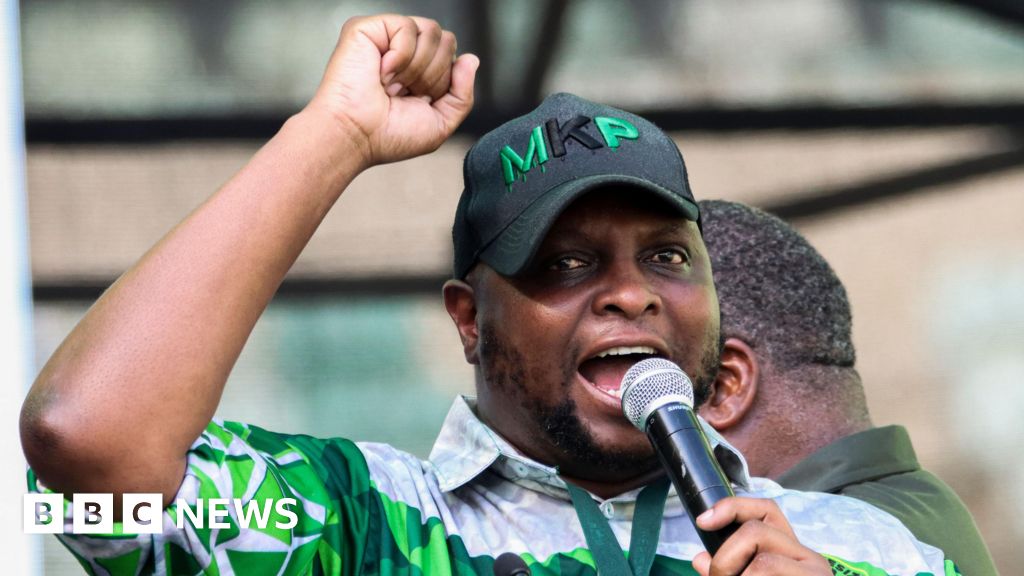Political Firestorm: Shivambu's Controversial Meetup with Fugitive Clergyman Sparks Outrage

In a surprising turn of events, Floyd Shivambu, a prominent MK party official, was spotted worshipping at the Easter service led by controversial prophet Shepherd Bushiri in Malawi. The high-profile political figure's attendance at Bushiri's church has sparked considerable interest and speculation about their potential connection.
Bushiri, who has been a polarizing religious leader known for his charismatic preaching and past legal controversies, hosted the Easter service where Shivambu was present. The unexpected appearance has drawn attention from political and religious circles alike, raising questions about the nature of their relationship and potential political implications.
The Easter service attendance highlights an intriguing intersection between political leadership and religious fellowship, showcasing a moment of spiritual solidarity that transcends typical political boundaries. Observers are keenly watching the potential significance of this public appearance and what it might signal about future political or personal dynamics.
